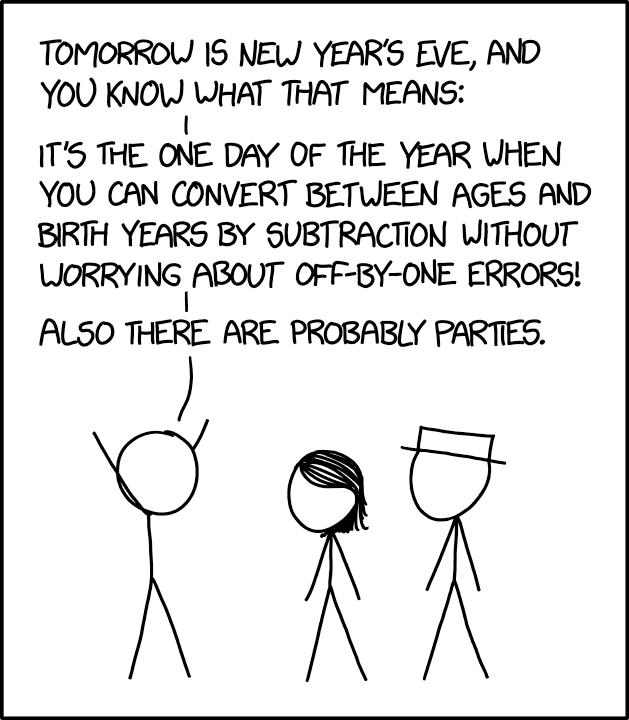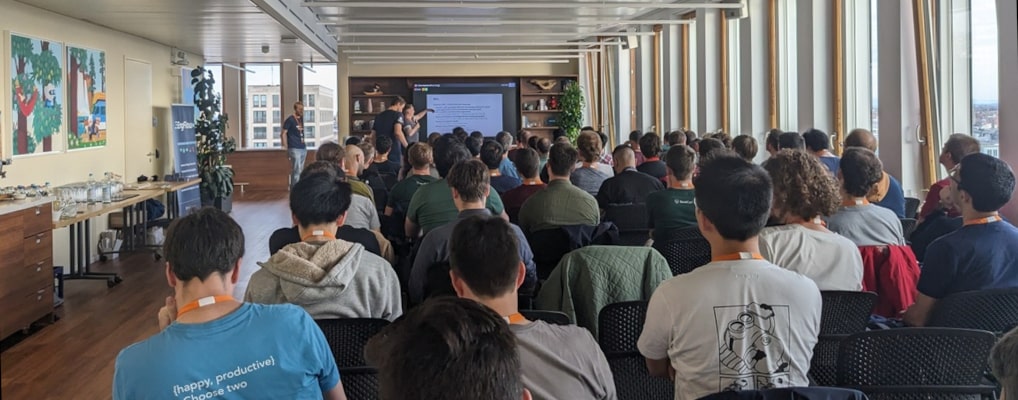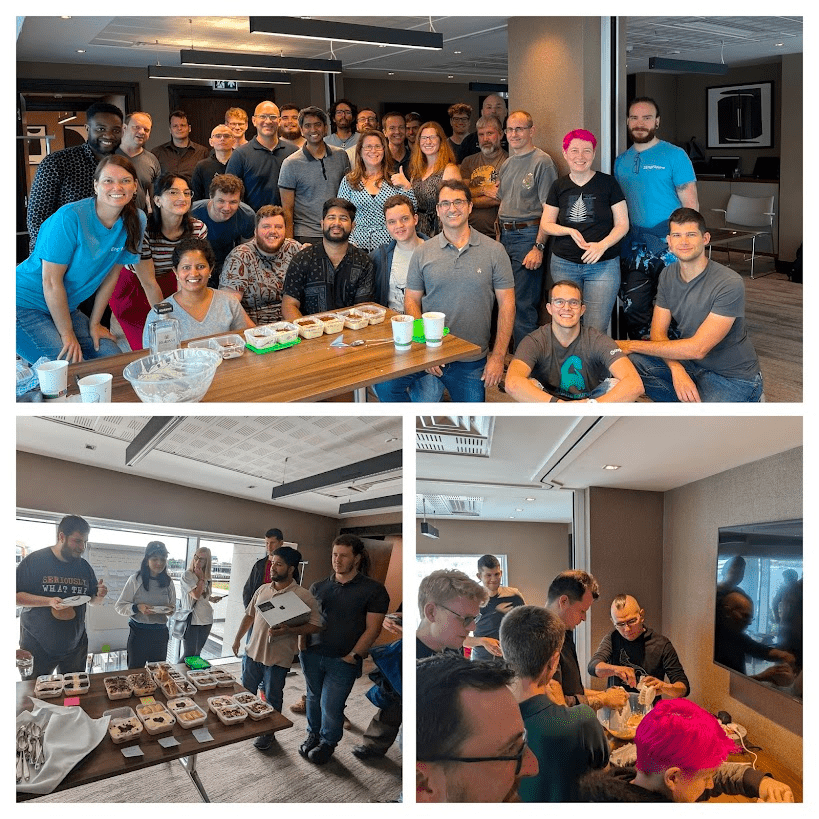T'was the day before EngFlow went quiet, when all through the repository,
Not a PR was stirring, not even a new blog story.
The OnCall schedule was overridden for the year's tail
but all hoped that the clusters would stay hale.
The company was all snug in their beds,
While visions of ARR danced in their heads.
And I had settled down to quiet end of OnDuty,
Closing issues with comments a bit snooty.
When from PagerDuty arose such a clatter,
I sprang to Slack to see what was the matter!
I tore open #production,
To see what was the malfunction!
But there was nothing there,
Save an unhealthy pool alarm's blare.
I soothed it with a PR,
And rolled the cluster with a gentle hardy-har.
Then, while spilling her eggnog,
Our CEO said "let's get this out now as a Holiday Blog!"
(With apologies to Clement Clarke Moore)










